Overview of Diffusion Alloy Powder
Diffusion alloy powder might sound like a mouthful, but it’s a fascinating topic that bridges the gap between cutting-edge technology and practical applications in various industries. These powders are the unsung heroes in sectors like aerospace, automotive, and electronics, providing critical performance enhancements through their unique properties. But what exactly is diffusion alloy powder? Simply put, it’s a type of metal powder that’s been processed to create a homogeneous mixture of different elements, resulting in superior mechanical and physical properties.
In this guide, we’ll dive deep into the world of diffusion alloy powders, exploring their types, compositions, properties, applications, and much more. Whether you’re a materials engineer, a manufacturing professional, or just someone with a keen interest in advanced materials, this comprehensive overview will provide you with the insights you need.
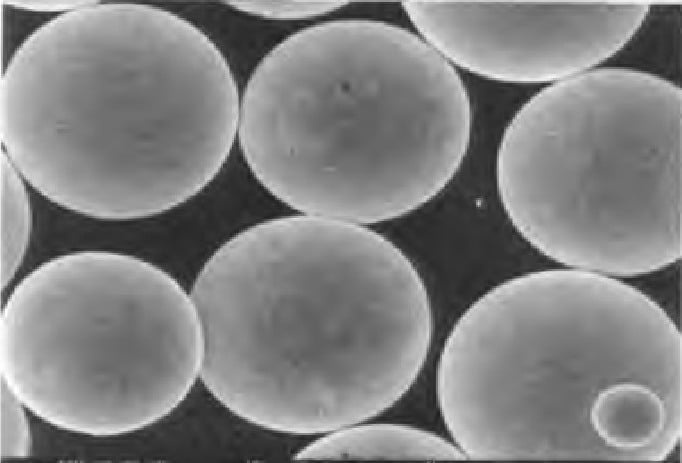
Types and Composition of Diffusion Alloy Powder
To truly appreciate the marvel of diffusion alloy powders, it’s crucial to understand their different types and compositions. Let’s break it down into a handy table for clarity.
Types of Diffusion Alloy Powder
| Metal Powder Model | Composition | Key Properties | Applications |
|---|---|---|---|
| Inconel 718 | Ni-Cr-Fe with Nb, Mo, Ti, and Al | High strength, corrosion resistance | Aerospace, turbine engines |
| Stellite 6 | Co-Cr-W-C | Wear resistance, high-temperature stability | Cutting tools, valves, engine components |
| Hastelloy X | Ni-Cr-Fe-Mo | Oxidation resistance, high-temperature strength | Jet engines, gas turbines |
| MP35N | Co-Ni-Cr-Mo | High tensile strength, corrosion resistance | Medical devices, aerospace fasteners |
| Triballoy T-800 | Co-Mo-Cr | Extreme wear resistance, low friction | Bearings, pump components |
| Nimonic 90 | Ni-Cr-Co with Ti and Al | High-temperature strength, oxidation resistance | Aerospace, gas turbines |
| Waspaloy | Ni-Cr-Co-Mo with Ti and Al | High strength, good corrosion resistance | Gas turbine blades, high-temperature fasteners |
| Carpenter 20 | Ni-Cr-Mo-Cu | Corrosion resistance, high-temperature strength | Chemical processing, food industry |
| Molybdenum TZM | Mo-Ti-Zr-C | High strength, creep resistance | Aerospace, defense, nuclear reactors |
| Haynes 188 | Co-Ni-Cr-W | High-temperature strength, oxidation resistance | Gas turbines, combustion chambers |
Properties and Characteristics of Diffusion Alloy Powder
Understanding the properties and characteristics of diffusion alloy powders is essential for selecting the right material for your specific application. These powders are engineered to offer enhanced performance features compared to traditional metal powders.
Key Properties and Characteristics
| Property | Description |
|---|---|
| High-Temperature Strength | Diffusion alloy powders maintain their strength and stability even at elevated temperatures. |
| Corrosion Resistance | These powders resist oxidation and corrosion, extending the life of components in harsh environments. |
| Wear Resistance | Enhanced hardness and toughness provide superior wear resistance, crucial for high-stress applications. |
| Homogeneous Microstructure | Uniform distribution of alloying elements ensures consistent performance and properties. |
| Enhanced Mechanical Properties | Improved tensile strength, hardness, and ductility make these powders suitable for demanding applications. |
| Thermal Stability | Maintains structural integrity and performance under thermal cycling conditions. |
Applications of Diffusion Alloy Powder
The versatility of diffusion alloy powders allows them to be used in a wide range of applications, each benefiting from the unique properties these materials offer.
Applications by Industry
| Industry | Application | Benefit |
|---|---|---|
| Aerospace | Turbine blades, jet engine components | High-temperature strength, oxidation resistance |
| Automotive | Engine components, transmission parts | Wear resistance, improved durability |
| Medical | Surgical instruments, implants | Biocompatibility, corrosion resistance |
| Oil & Gas | Drilling equipment, valves | Corrosion resistance, high strength |
| Electronics | Conductive coatings, solder materials | Enhanced electrical properties, thermal stability |
| Defense | Armored vehicles, weapon systems | High strength, durability |
| Chemical Processing | Pumps, reactors, heat exchangers | Corrosion resistance, thermal stability |
| Power Generation | Gas turbines, nuclear reactors | High-temperature performance, radiation resistance |
| Marine | Propellers, ship components | Corrosion resistance, durability in saltwater environments |
| Construction | Structural components, heavy machinery | Strength, wear resistance |
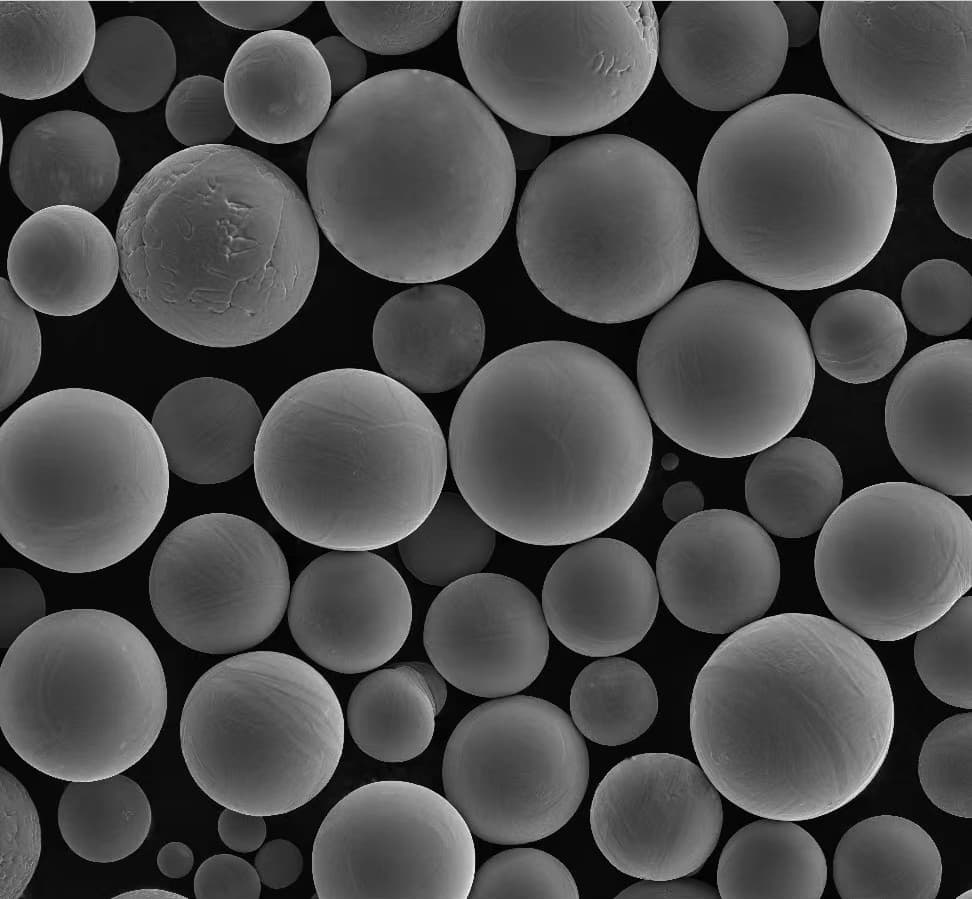
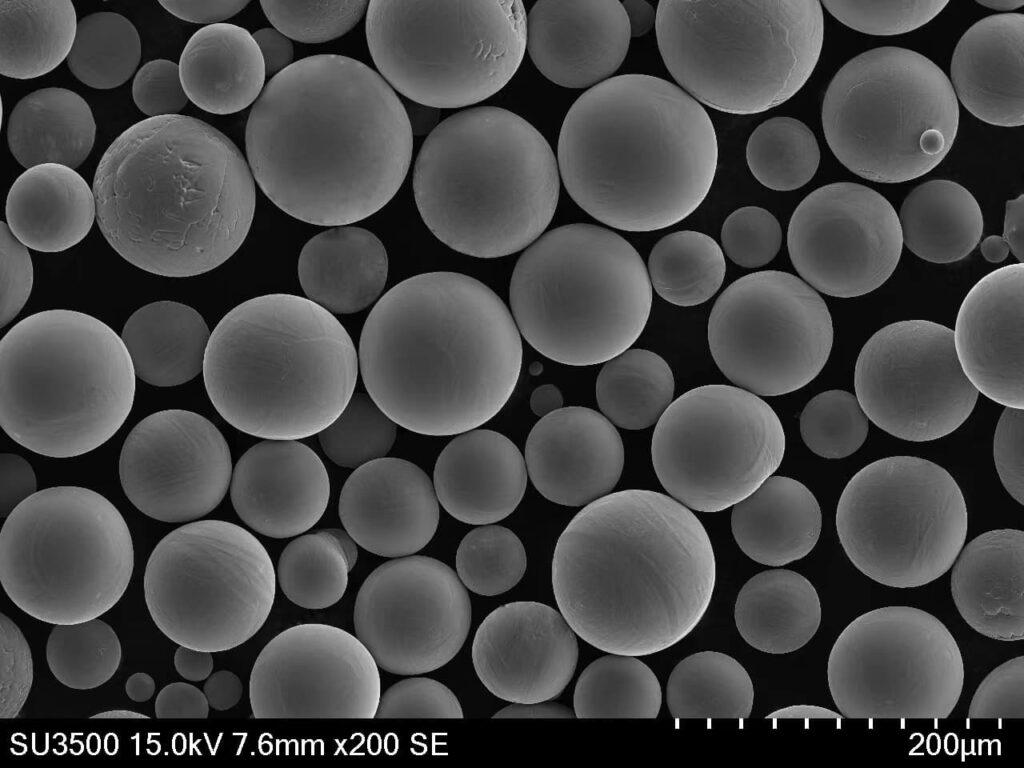
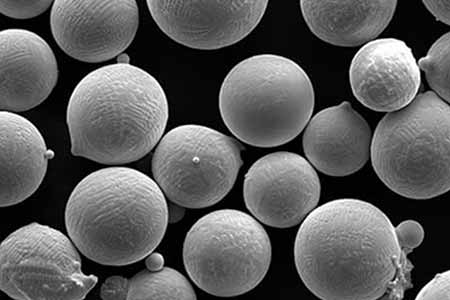
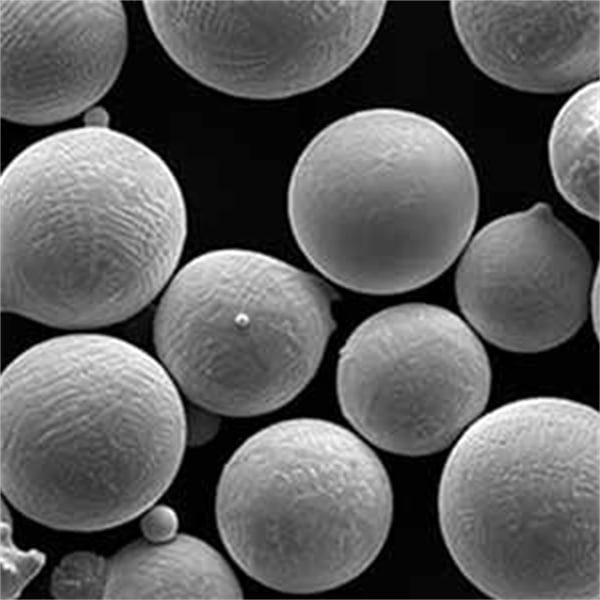
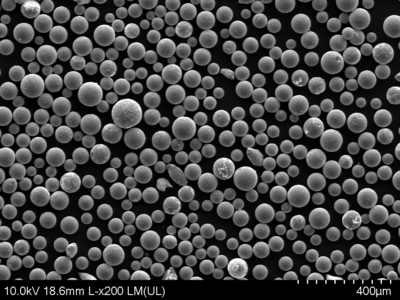
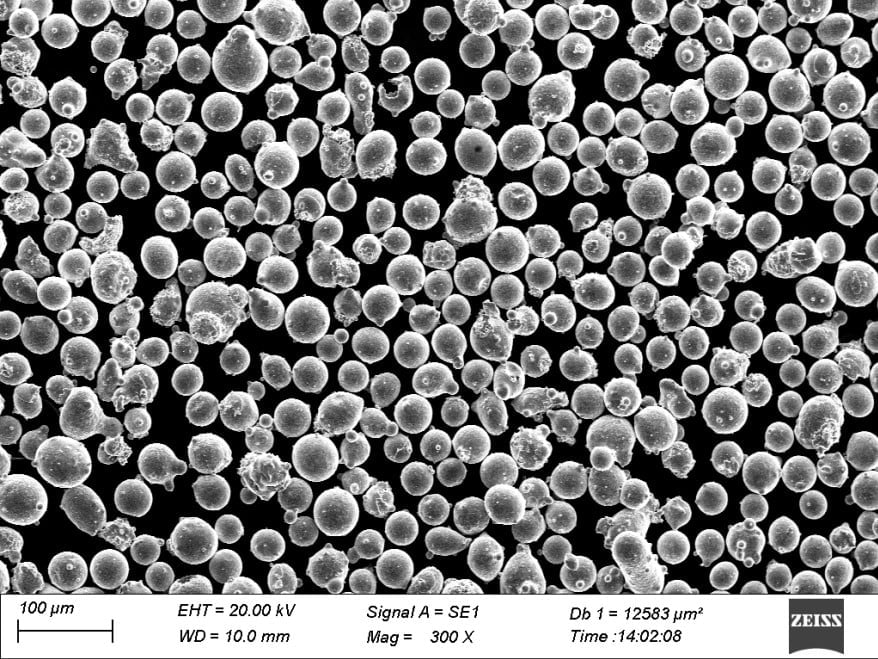
Specifications, Sizes, and Standards of Diffusion Alloy Powder
When selecting diffusion alloy powders, it’s crucial to consider the specifications, sizes, and standards that match your application requirements. Here’s a detailed look:
Specifications and Standards
| Specification | Description |
|---|---|
| ASTM Standards | Common standards for material properties and testing methods. |
| ISO Standards | International standards for consistency and quality. |
| AMS Standards | Aerospace material specifications for performance assurance. |
Sizes and Grades
| Size | Description |
|---|---|
| Fine | Typically used for coatings and precision components. |
| Medium | Commonly used for general manufacturing applications. |
| Coarse | Used for large components requiring high structural integrity. |
Suppliers and Pricing Details for Diffusion Alloy Powder
Finding reliable suppliers and understanding pricing details is crucial for budget planning and procurement.
Top Suppliers
| Supplier | Location | Specialization | Contact |
|---|---|---|---|
| Höganäs AB | Sweden | Wide range of metal powders | Höganäs Website |
| Carpenter Technology | USA | High-performance alloys | Carpenter Tech Website |
| Sandvik Materials Technology | Sweden | Advanced materials and alloys | Sandvik Website |
| GKN Hoeganaes | USA | Metal powder solutions | GKN Website |
| ATI Metals | USA | Specialty materials and components | ATI Metals Website |
Pricing Details
| Product | Price Range (per kg) |
|---|---|
| Inconel 718 | $60 – $80 |
| Stellite 6 | $50 – $70 |
| Hastelloy X | $80 – $100 |
| MP35N | $100 – $150 |
| Triballoy T-800 | $70 – $90 |
| Nimonic 90 | $70 – $90 |
| Waspaloy | $100 – $130 |
| Carpenter 20 | $40 – $60 |
| Molybdenum TZM | $120 – $150 |
| Haynes 188 | $90 – $110 |
Advantages and Limitations of Diffusion Alloy Powder
Every material has its strengths and weaknesses. Let’s break down the pros and cons of diffusion alloy powders.
Advantages
| Advantage | Description |
|---|---|
| Enhanced Properties | Superior mechanical and physical properties compared to traditional alloys. |
| Versatility | Applicable in a wide range of industries and applications. |
| Improved Durability | Extended lifespan of components due to better wear and corrosion resistance. |
| High-Temperature Performance | Retains strength and stability at elevated temperatures. |
Limitations
| Limitation | Description |
|---|---|
| Cost | Generally more expensive than standard metal powders. |
| Complex Manufacturing | Requires specialized processing techniques. |
| Availability | Limited suppliers and sometimes long lead times. |
Comparing Diffusion Alloy Powder Models
When choosing the right diffusion alloy powder, comparing different models can help you make an informed decision.
Comparison of Popular Models
| Model | High-Temp Strength | Corrosion Resistance | Wear Resistance | Cost |
|---|---|---|---|---|
| Inconel 718 | Excellent | Excellent | Good | High |
| Stellite 6 | Very Good | Good | Excellent | Medium |
| Hastelloy X | Excellent | Very Good | Good | High |
| MP35N | Very Good | Excellent | Very Good | Very High |
| Triballoy T-800 | Good | Good | Excellent | Medium |
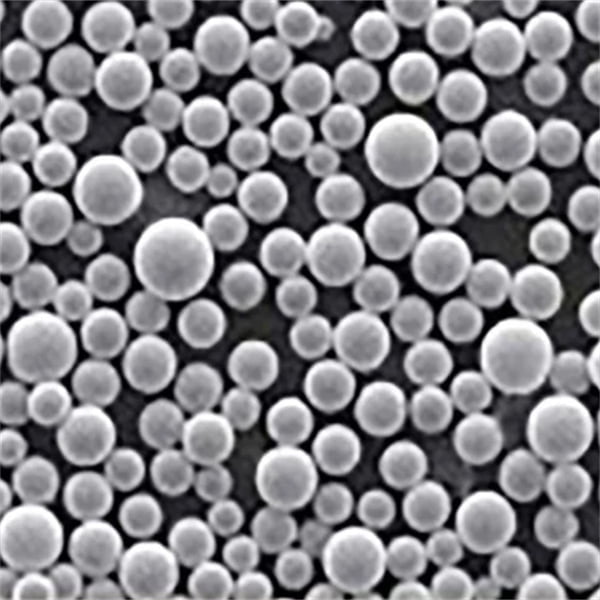
FAQs
Let’s address some common questions about diffusion alloy powders.
| Question | Answer |
|---|---|
| What is diffusion alloy powder? | A metal powder processed to create a homogeneous mixture of different elements. |
| What are the benefits of using diffusion alloy powders? | Enhanced mechanical properties, corrosion resistance, and high-temperature performance. |
| Which industries use diffusion alloy powders? | Aerospace, automotive, medical, oil & gas, electronics, defense, and more. |
| How are diffusion alloy powders made? | Through specialized processes like atomization and diffusion bonding. |
| Can I use diffusion alloy powders for 3D printing? | Yes, many diffusion alloy powders are suitable for additive manufacturing. |
| What is the cost of diffusion alloy powders? | Prices vary by model but generally range from $40 to $150 per kg. |
| Who are the top suppliers? | Höganäs AB, Carpenter Technology, Sandvik Materials Technology, GKN Hoeganaes, ATI Metals. |
Conclusion
Diffusion alloy powders are revolutionizing the way we think about materials in high-performance applications. Their unique properties and versatility make them indispensable in industries ranging from aerospace to medical devices. By understanding their types, compositions, properties, and applications, you can make informed decisions and leverage these advanced materials to enhance your projects. Whether you’re tackling extreme environments, seeking superior durability, or pushing the boundaries of innovation, diffusion alloy powders provide the cutting-edge solutions you need.
About 3DP mETAL
Product Category
CONTACT US
Any questions? Send us a message now! After receiving your message, we will process your request with a whole team.
